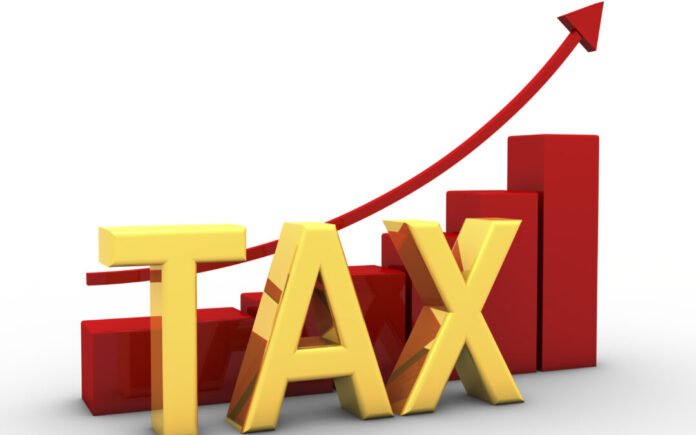The House of Representatives has formally begun an interactive session on tax reform bills.
The Presidential Committee on Fiscal Policy and Tax Reforms Chairman Taiwo Oyedele revealed that critical stakeholders, including governors, were consulted.
Oyedele, who also restated that there were no plans to increase personal income tax, explained that the idea of increasing Value-Added Tax (VAT) derivation was not to give state(s) an advantage.
Speaker Abbas Tajudeen, his deputy Benjamin Kalu, Chairman of Downstream Petroleum, Ado Doguwa and Chairman of the Federal Inland Revenue Service (FIRS) Zack Adedeji also spoke on the bills.
President Bola Ahmed Tinubu had in a letter to the National Assembly dated September 3, 2024, transmitted four Executive bills on tax reforms to the National Assembly for consideration and passage
The bills are Nigeria Tax Bill 2024, which is expected to provide the fiscal framework for taxation in the country; Tax Administration Bill designed to provide a clear and concise legal framework for all taxes in the country and reduce disputes; the Nigeria Revenue Service Establishment Bill, which will repeal the Federal Inland Revenue Service Act and establish the Nigeria Revenue Service, and Joint Revenue Board Establishment Bill, which will create a tax tribunal and a tax ombudsman.
However, governors demanded the withdrawal of the bills after a meeting of the National Economic Council(NEC). They cited the need for more consultation and public input. North’s leaders however expressed opposition to the derivation principle in the sharing of VAT revenue contained in the Nigeria Tax Bill.
But the Presidency rejected the proposal by governors, insisting that the bills be allowed to go through the process of legislation. It advised that whatever input has to be made could still be done during the consideration of the bills by the National Assembly.
During the hearing titled ‘’People’s House Interactive Session on Tax Reform Bills,’ Oyedele dismissed fears that the bills were drafted to undermine a part of the country.
Stressing that the Presidential Committee interfaced with all shades of Nigerians, he added that the committee received submissions from the 36 states of the Federation and the Federal Capital Territory (FCT).
Speaking specifically on payment and sharing of VAT resources, the committee chairman said currently, under Section 40 of the current VAT Act law, VAT revenue is allocated 15 percent to the Federal Government, 50 percent to states and FCT, and 35 percent to Local Government Areas.
He said “The current law for example requires that MTN makes its VAT return from its head office in Lagos. But what we are proposing is that such a return should be made based on the location where the calls were made. That will allow smooth computation of the derivation. “
![]()










